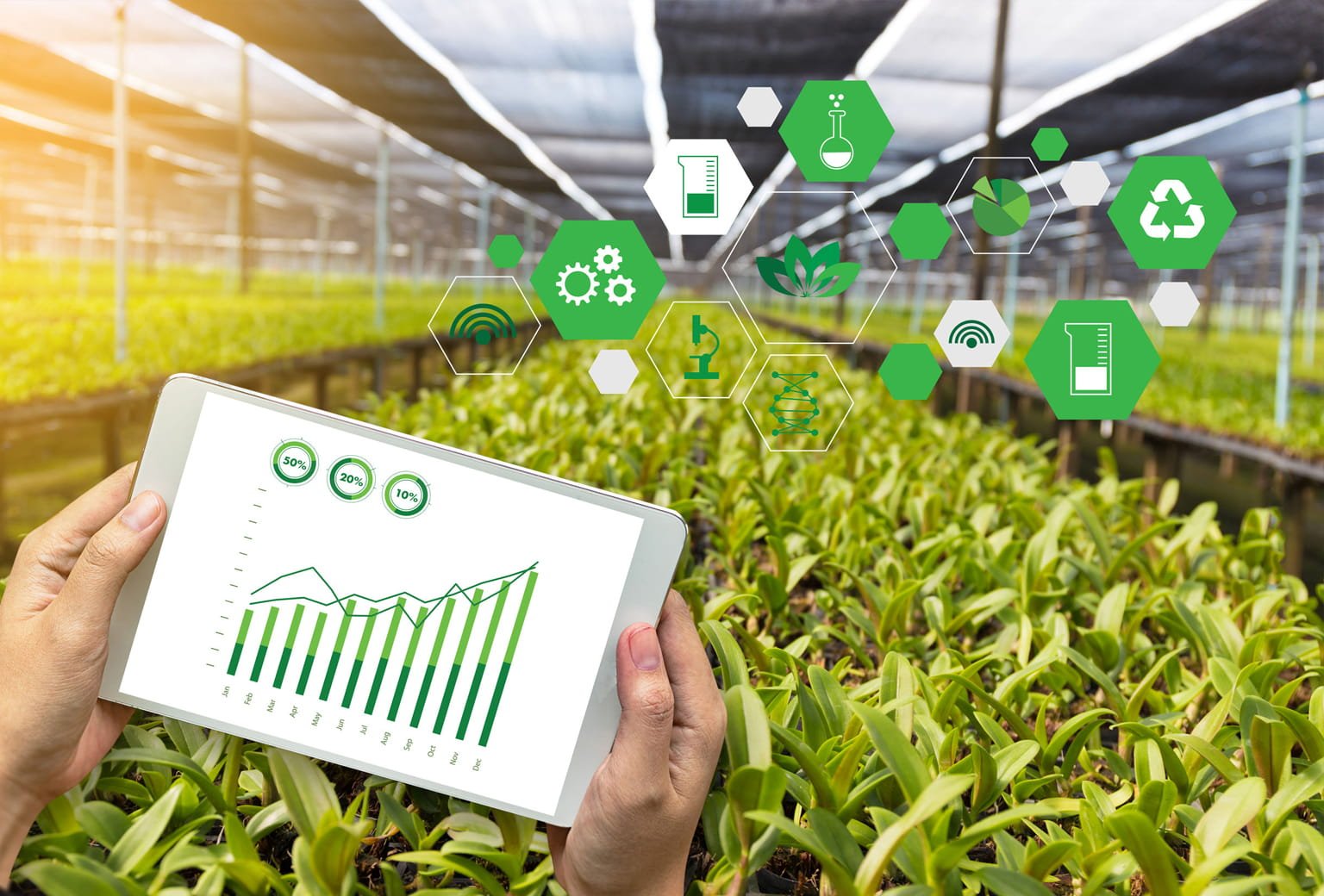
The agricultural sector is the backbone of many economies, yet it faces numerous challenges, including market volatility, changing consumer preferences, and technological advancements. B2B (Business-to-Business) marketing offers farmers a powerful way to navigate these challenges, connect with suppliers, distributors, and buyers, and ultimately, grow their businesses. This guide will explore how B2B marketing can benefit farmers, providing practical insights and strategies to help them succeed in today’s competitive market.
B2B marketing refers to the process of marketing products or services from one business to another. Unlike B2C (Business-to-Consumer) marketing, which targets individual consumers, B2B marketing focuses on relationships between businesses. In the agricultural sector, B2B marketing involves farmers engaging with suppliers, distributors, processors, retailers, and other stakeholders.
B2B marketing in agriculture helps farmers build connections with other businesses in the supply chain, enabling them to access essential resources, technology, and markets. Whether it’s purchasing seeds, selling produce to wholesalers, or partnering with technology providers, B2B marketing is crucial for enhancing efficiency and profitability in farming.
Farmers often deal with fluctuating prices due to changes in demand, weather conditions, and global market trends. B2B marketing can help farmers establish long-term contracts with buyers, providing price stability and reducing the risk associated with market volatility.
Many farmers struggle to access modern farming techniques and technologies. Through B2B marketing, farmers can partner with agricultural technology providers who offer precision farming tools, data analytics, and automated machinery, helping them modernize their operations.
Getting produce to market can be a significant challenge for farmers, especially those in remote areas. B2B marketing enables farmers to connect with logistics companies and distributors who can help streamline the supply chain, ensuring that products reach the market on time and in good condition.
Navigating regulatory requirements can be complex and time-consuming. B2B partnerships with experts in agricultural law, certification, and compliance can help farmers adhere to regulations and avoid penalties, while also ensuring their products meet industry standards.
The first step in B2B marketing for farmers is identifying the right business partners. This could include suppliers, distributors, retailers, technology providers, and financial institutions. Farmers should evaluate potential partners based on their reliability, reputation, and ability to add value to their operations.
Suppliers are critical to a farmer’s success, providing everything from seeds and fertilizers to machinery and technology. Farmers should focus on building strong relationships with their suppliers by communicating clearly, negotiating favorable terms, and exploring opportunities for collaboration, such as co-marketing initiatives or joint product development.
Farmers can benefit from forming cooperatives or partnerships with other farmers to pool resources and market their products more effectively. Cooperative marketing allows farmers to negotiate better prices, access larger markets, and share knowledge and resources.
The digital revolution has opened up new opportunities for farmers to engage in B2B marketing. Farmers can use online platforms to connect with buyers, suppliers, and other stakeholders. E-commerce websites, agricultural marketplaces, and social media channels like LinkedIn can all be valuable tools for B2B marketing.
Trade shows and exhibitions are excellent opportunities for farmers to network with other businesses, showcase their products, and explore new technologies. By participating in these events, farmers can build relationships with potential buyers and suppliers, learn about the latest industry trends, and gain visibility for their brands.
One example of successful B2B marketing in agriculture is a farm that partnered with a technology provider to implement precision farming techniques. By using data analytics and GPS-guided equipment, the farm was able to optimize its planting and harvesting processes, leading to higher yields and reduced waste.
Another example is a cooperative of small-scale farmers who banded together to market their produce to large grocery chains. By pooling their resources and creating a unified brand, the cooperative was able to secure contracts with multiple retailers, ensuring a stable income for its members.
A third example involves a farm that expanded its market reach by exporting its products to international buyers. Through B2B marketing, the farm established relationships with export companies and distributors in foreign markets, enabling it to sell its produce at higher prices and increase its profitability.
Technology plays a crucial role in modern agriculture, and B2B marketing is no exception. Precision farming tools, such as drones, sensors, and data analytics software, help farmers optimize their operations and make data-driven decisions. By partnering with tech companies, farmers can access these tools and improve their productivity.
E-commerce platforms and online agricultural marketplaces provide farmers with new avenues for selling their products. These platforms connect farmers with buyers, both locally and globally, allowing them to reach a broader audience and increase their sales.
Blockchain technology is revolutionizing the agricultural supply chain by providing transparency and traceability. Farmers can use blockchain to track their products from farm to table, ensuring quality and building trust with buyers. B2B marketing efforts can emphasize these traceability solutions to attract buyers who prioritize food safety and sustainability.
As consumers and businesses become more environmentally conscious, there is a growing demand for sustainably produced agricultural products. Farmers who adopt sustainable practices, such as organic farming or regenerative agriculture, can leverage B2B marketing to connect with buyers who value sustainability.
Artificial Intelligence (AI) and machine learning are set to play a significant role in the future of agriculture. These technologies can help farmers predict market trends, optimize crop yields, and reduce costs. B2B marketing will be essential for farmers looking to adopt AI-driven solutions and collaborate with tech companies.
Globalization continues to open up new markets for farmers. By leveraging B2B marketing, farmers can explore export opportunities and connect with international buyers. This can help farmers diversify their income streams and reduce their reliance on local markets.
B2B marketing offers farmers numerous opportunities to grow their businesses, access new markets, and improve their operations. By building strong relationships with suppliers, distributors, and technology providers, farmers can enhance their productivity, reduce costs, and increase profitability. As the agricultural sector continues to evolve, embracing B2B marketing strategies will be crucial for farmers looking to succeed in the modern marketplace.